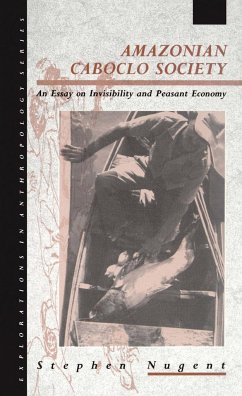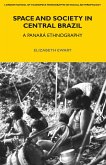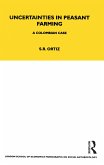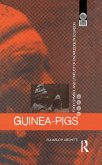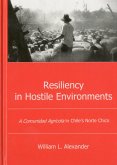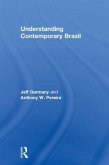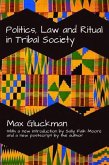Traditionally, Non-Indian societies in Brazilian Amazonia - 'caboclo' - are treated by anthropologists as relics of the haphazard development of Amazonia - leftovers of the colonial enterprise and have therefore received little serious attention. This volume attempts to redress this imbalance by looking closely at the encompassing nature of peasant society in Brazilian Amazonia. The first part of the book is concerned with the concept of caboclo as it emerges in anthropological and Amazonianist disclosure. The second examines a historical 'caboclo' society (in Santarem, Para) from a broadly ethnographic viewpoint. Three different modes of peasant livelihood and their relation to the impact of the Transamazon Highway are then fully discussed, followed by a detailed examination of the 'sustainable- development' thesis using research from another part of Amazonia - the Guama River. Overall, this volume aims to examine the reasons for the relative 'invisibility' of caboclo society and to place it in a historical perspective.

